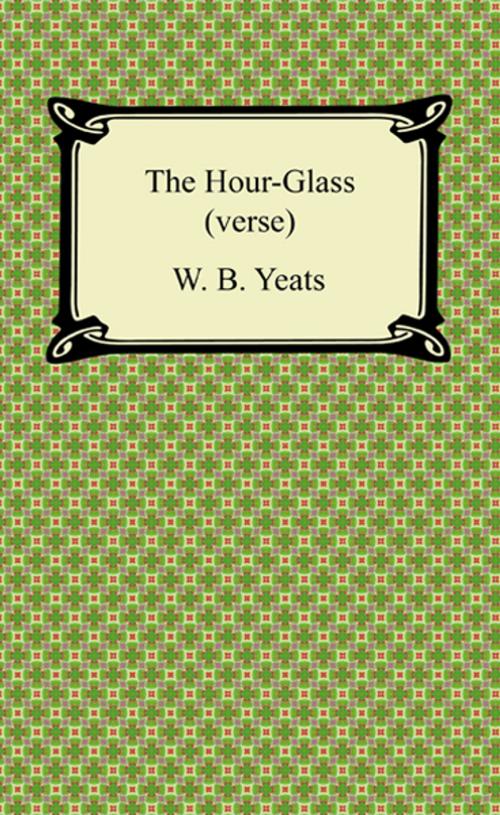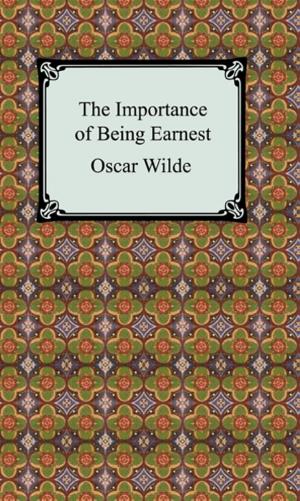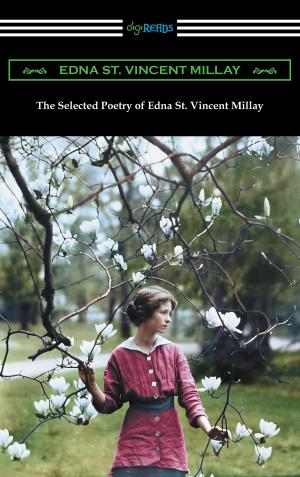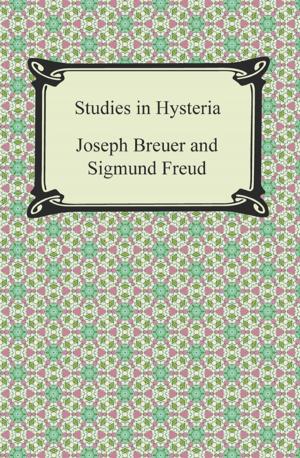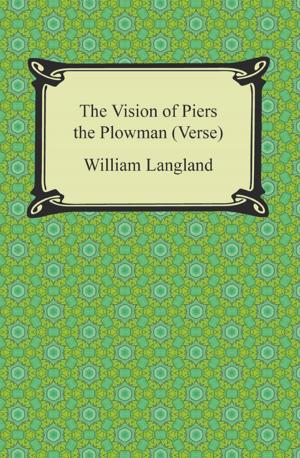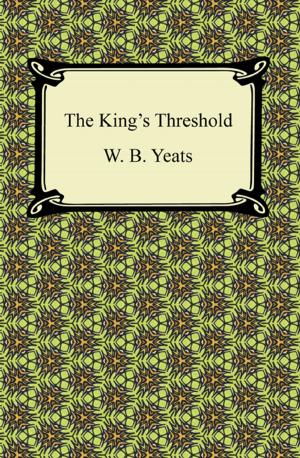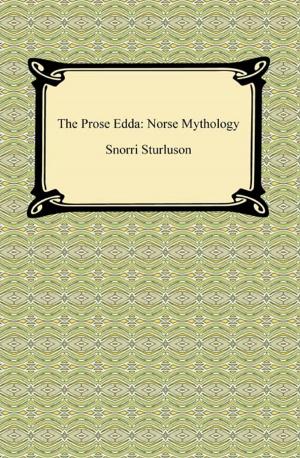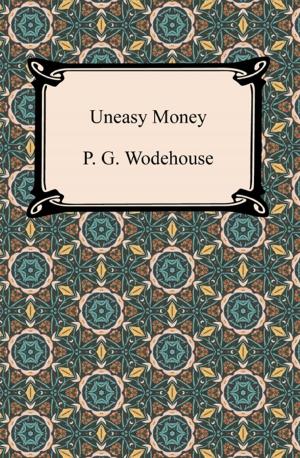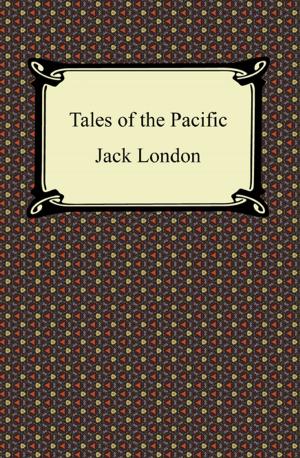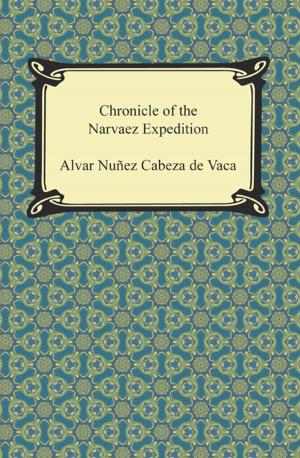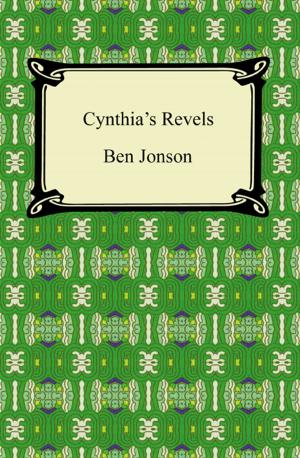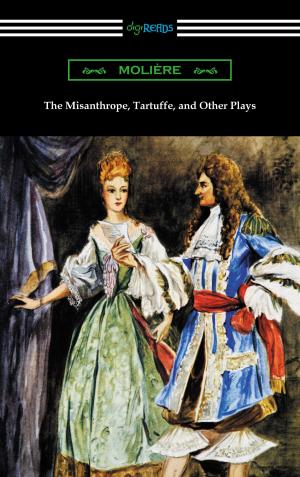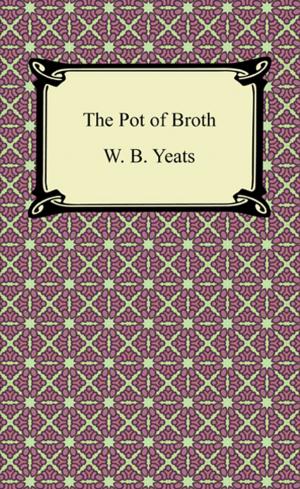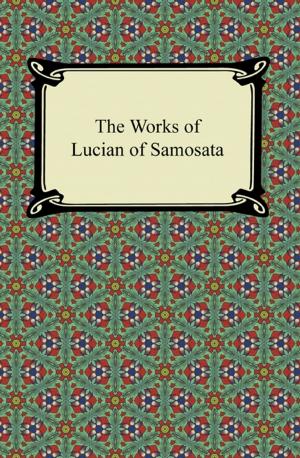| Author: | W. B. Yeats | ISBN: | 9781596744332 |
| Publisher: | Neeland Media LLC | Publication: | December 15, 2009 |
| Imprint: | Digireads.com Publishing | Language: | English |
| Author: | W. B. Yeats |
| ISBN: | 9781596744332 |
| Publisher: | Neeland Media LLC |
| Publication: | December 15, 2009 |
| Imprint: | Digireads.com Publishing |
| Language: | English |
William Butler Yeats (1865-1939) was an instrumental figure in the "Irish Literary Revival" of the 20th Century that redefined Irish writing. His father's love of reading aloud exposed him early on to William Shakespeare, the Romantic poets and the pre-Raphaelites, and developed an interest in Irish myths and folklore. Yeats was a complex man, who struggled between beliefs in the strange and supernatural, and scorn for modern science. He was intrigued by the idea of mysticism, yet had little regard for Christianity. He was awarded the Nobel Prize in Literature in 1923, and received honorary degrees from Queen's University (Belfast), Trinity College (Dublin), and the Universities of Oxford and Cambridge. His Morality play, "The Hour Glass", appeared on stage as early as 1902, and underwent many revisions by its final version in 1922. The story presents a Fool, a Wise Man and an Angel who sort through questions of faith, doubt and the Wise Man's unrelenting rationalism. In this edition we have Yeats' verse version of the play.
William Butler Yeats (1865-1939) was an instrumental figure in the "Irish Literary Revival" of the 20th Century that redefined Irish writing. His father's love of reading aloud exposed him early on to William Shakespeare, the Romantic poets and the pre-Raphaelites, and developed an interest in Irish myths and folklore. Yeats was a complex man, who struggled between beliefs in the strange and supernatural, and scorn for modern science. He was intrigued by the idea of mysticism, yet had little regard for Christianity. He was awarded the Nobel Prize in Literature in 1923, and received honorary degrees from Queen's University (Belfast), Trinity College (Dublin), and the Universities of Oxford and Cambridge. His Morality play, "The Hour Glass", appeared on stage as early as 1902, and underwent many revisions by its final version in 1922. The story presents a Fool, a Wise Man and an Angel who sort through questions of faith, doubt and the Wise Man's unrelenting rationalism. In this edition we have Yeats' verse version of the play.
